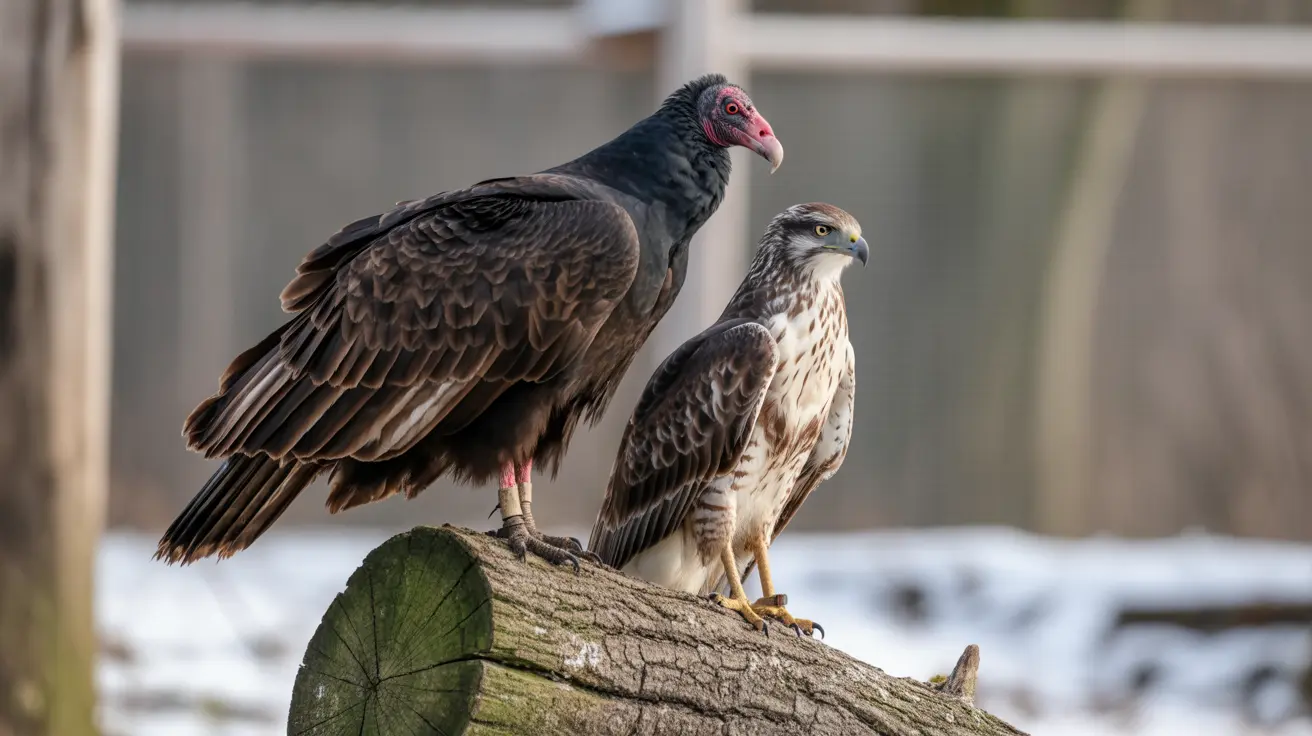Exploring the Possibility of Animal Telepathy: Fact or Fiction?
The concept of
animal telepathy—the idea that humans can communicate psychically with animals—has intrigued pet lovers, spiritual seekers, and skeptics alike. Often associated with individuals who identify as "pet psychics" or "animal communicators," this phenomenon is believed to involve a form of
extrasensory perception (ESP) that allows the transfer of ideas, emotions, images, or sensations between humans and animals. Although widely discussed in popular culture and anecdotal accounts, the scientific validity of such communication remains contentious.
What Do Pet Psychics Claim?
Pet psychics claim they can connect with animals through psychic or intuitive means. Some practitioners even say they can:
- Communicate with deceased pets
- Receive images or sensations from a pet remotely using photographs
- Perceive an animal’s discomfort, preferences, or emotional state
- Channel electromagnetic energy or use telepathy for these insights
These sessions are often marketed as helpful in resolving behavioral problems, providing guidance at end-of-life stages, or reconnecting with lost animals.
How Does Animal Communication Allegedly Work?
According to proponents, animal communication involves entering a
receptive mental state that allows the practitioner to receive non-verbal signals in the form of visions, emotions, physical sensations, or intuitive impressions. This is said to involve various faculties such as:
- Clairvoyance – the ability to see images or visions
- Clairaudience – the ability to hear messages
- Clairsentience – the ability to feel sensations or emotions
Unlike reading auras or interacting with spirit guides, many animal communicators frame this work as a two-way exchange similar to a conversation. Some practitioners even offer
remote readings, stressing the spiritual rather than physical connection.
Training and Development of Skills
It is commonly suggested that telepathy is a
natural human ability that becomes suppressed with the development of verbal language and social conditioning. Workshops and courses aim to help individuals reconnect with this intuitive skill through exercises such as:
- Attempting to receive information from animal photos
- Journaling impressions and validating them with pet owners
- Meditative practices to enhance receptivity
The emphasis tends to be on learning to trust your intuition and differentiate it from imagination or wishful thinking.
Skeptical Views and Scientific Consensus
Despite the popularity and sometimes emotionally compelling accounts of animal telepathy,
scientific skepticism remains high. Investigations have shown that many of the statements made by pet psychics are vague and could apply to a broad range of animals. Critics often point to:
- Cold reading techniques—where statements are tailored based on feedback from the client
- Confirmation bias—where people tend to remember hits and forget misses
- Lack of empirical evidence—no controlled studies have confirmed psychic abilities in humans or animals
Moreover, the scientific community maintains that
language and thought processes are species-specific, and most insights into animal behavior must come from observable patterns rather than psychic interpretation.
Terminological and Philosophical Distinctions
Even within the community of animal communicators, there's debate about terminology. Some prefer the label "animal communicator" to distance themselves from the negative connotations associated with the word "psychic." Others differentiate the experiences of intuitive communication (between living organisms) from psychic phenomena that claim to access spirits or supernatural dimensions.
There is also sensitivity around the use of the word “pet,” as some believe it trivializes the individuality and sentience of animals. These practitioners advocate for terms like "animal companions" to promote an ethical and respectful dynamic.
Real-World Impacts and Limitations
While some claim that animal communication sessions have led to behavioral improvements or the identification of physical ailments later confirmed by veterinarians, it's important to note that:
- These are anecdotal stories, not verifiable evidence
- Communicators themselves often state they are not substitutes for vet care
- Unsuccessful sessions or inaccurate readings are rarely publicized
This leaves clients with a skewed view of the effectiveness of such services, especially as many practitioners charge significant fees.
Final Thoughts
Ultimately, while captivating, the idea of animal telepathy lacks rigorous scientific backing. It's a domain where
intuition, emotional bonds, and personal belief play central roles. For pet owners, engaging with an animal communicator might offer comfort or alternative perspectives, but this should always be supplemented by conventional veterinary advice. As long as expectations are managed and animal well-being remains the priority, some find value in the experience—even if science doesn't (yet) support its mechanisms.





